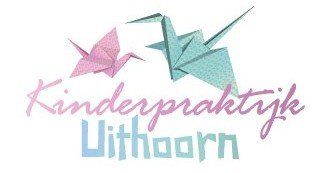Depression
You may have noticed that your child is frequently sad, no longer seems to have fun, gets irritated easily, has little energy and is tired very often. Your child has had these complaints for quite some time, at least for more than two weeks. It could be possible that your child is depressed.
Common symptoms:
• Your child feels sad or down almost all day long
• Your child doesn’t feel like doing fun things anymore
• Your child eats a lot or very little – there has been a change in weight
• Your child is easily angered and/or irritated by others
• Your child complains about a “heavy head”
• Your child can’t concentrate – sometimes the grades will drop
• Your child complains about headaches or stomach-aches, or both
• Your child tells you they can’t sleep well and feels very tired
• In some cases, your child might tell you they do not want to live anymore
A depression can have many different causes: when bad or sad things have happened or are happening to your child, when they experience (sexual) violence, when many things are changing around them, or when things are not going well at school (for example when your child is being bullied).
The character of a person or heredity can also play a part in developing a depression. About 1 in 100 young children are depressed. Within older children, this number is 4 in 100. Depression occurs more often among girls.
Treatment protocols have been developed especially for depression in children, and are followed during therapy. In addition to psycho-education (explanation of what exactly is going on), we will also use cognitive behavioural therapy to work on ways to help your child improve their thoughts, feelings and behaviour. Activating the child also plays an important role within the therapy.




